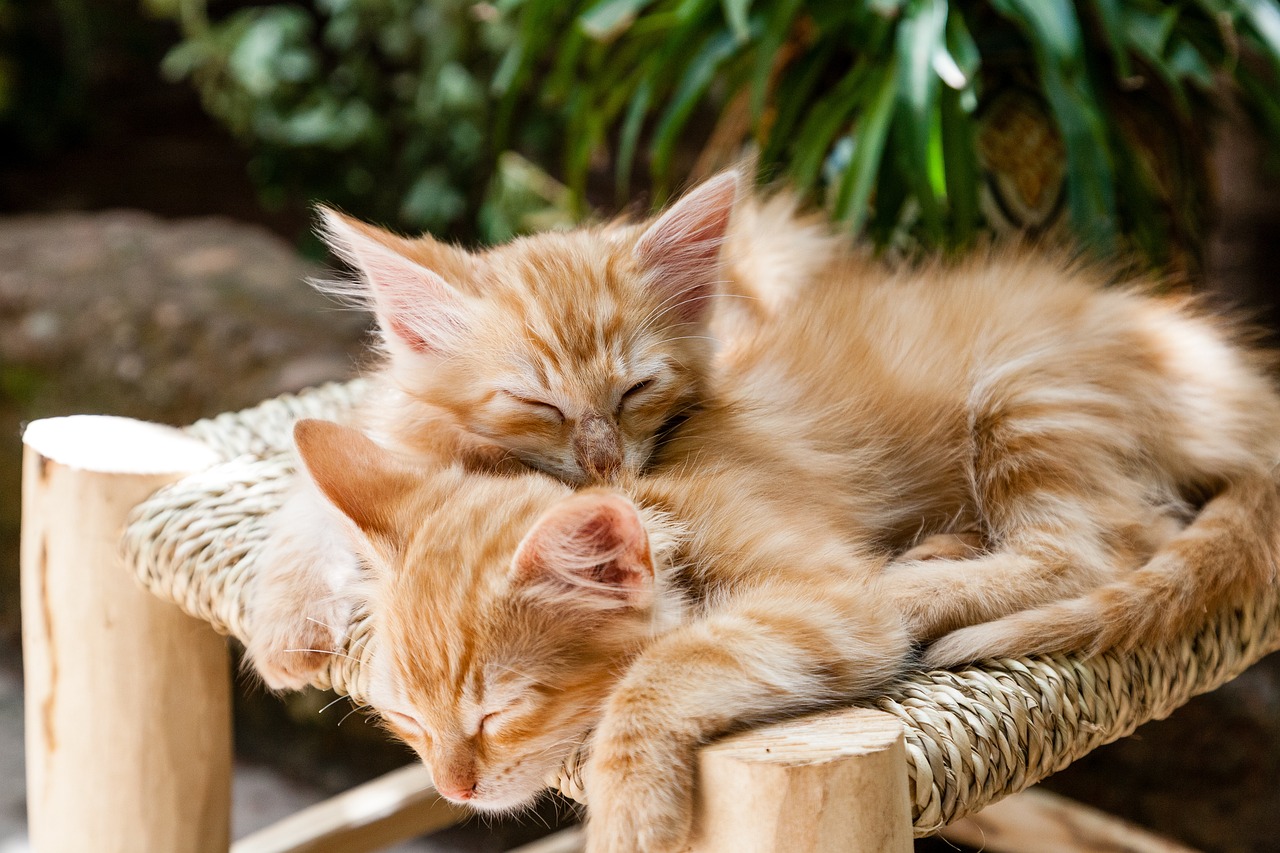
Last Updated on 1 year by Jenny Sovann
Are you worried about your cat and want to ensure the best smooth recovery for her? Yes, spaying is a stressful experience and making sure the cat gets proper care is essential for recovery. This write-up will detail how to care for a cat after spaying. Caring for them will keep them healthy and happy and will also lead to their quick and safe recovery. While the procedure is relatively routine, it is essential to take care of your cat after the surgery.
If you are unaware, spaying is a common surgical procedure that involves the removal of a female cat’s reproductive organs. This may be due to reducing the chances of a certain health problem or preventing unwanted pregnancies. To take care of your feline friend after spaying, it would be good if you follow through with this comprehensive guide.
Follow The Vet’s Instruction
The first thing to take note of is the instructions that the veterinarian gave to you. These instructions are the foundation of how you will take care of your cat after the procedure. This may include diet suggestions, certain activity restrictions, and how to properly tend to the wounds.
Infections usually slow down recovery time significantly. Vets will usually prescribe antibiotics needed to be administered according to a certain schedule. This usually helps with the discomfort and speeds up the recovery. Following these instructions carefully will ensure that your cat’s health will improve.
Jumping to other forms of care without heeding your vet’s guide would lead to unwanted complications. First of all, the speedy recovery we were hoping for would be out of the question. The risk associated with the procedure would not fully be minimized.
Provide Comfort and Monitor Behavior
Create an environment that is comfortable and quiet for your feline friend’s recovery. Ensure that they have a clean and soft bed to lie in. Keep the cat warm. This will help keep the cat safe and relaxed during this period of recovery. Not doing this would lead to issues like infections arising due to infected wounds or a stressed cat and so on.
Once you have created this heaven for your cat, ensure that you monitor its behavior. Any signs you may notice such as discomfort, pain, vocalization, lethargy, concerning symptoms of loss of appetite are crucial. Contact your veterinarian immediately. As they say, it is better to be safe than sorry and the vet can enlighten you on steps to follow next.
Precautions and Preventions
Our feline friend just had surgery so you probably know deep down it’s a bad idea to play catch with her. Well, that’s rather obvious but it doesn’t hurt to be cautious. You should know that after surgery cats should at least stay indoors for at least two weeks. This is a battle you have to win against your cat’s will. Keeping them locked in would prevent potential infections and complications that would arise from interacting with other animals outdoors.
It is also best to keep the physical activity of the cat to a minimum during this period. Cats are indeed energetic and playful and would want to return to their mischievous nature almost immediately. Their incision sites need ample time to heal properly before our feline friend can return to vigorous activities like chasing you around the house.
We now know sample behaviors to look out for but what should we prevent entirely? Cats may try to lick or scratch the incision site. This can lead to an open wound that would likely get infected. You have probably seen this funny funnel-like collar and wondered what it does. It is the Elizabethan collar and is used to prevent cats from reaching certain areas.
The devices may be uncomfortable for your cat, but they are essential to prevent catastrophic events from unfolding. It may seem exaggerated but your cat may end up dying or suffering some harm due to infections.

Schedule Follow-Up Appointment
Your vet probably scheduled some follow-up appointments to check on your cat’s progress. Do not take this for granted and be sure to take your cat to be checked on. The vet will check on your cat’s progress and ensure that they are healing.
It is also important to set up your appointments if there aren’t any. The vet can forget some crucial points that may be caught on later.
Frequently Asked Questions
How do you take care of a female cat after being spayed?
It is important to keep your cat indoors and monitor the cat for any changes. Prevent your cat from trying to lick its incisions. It is important to feed your cat a healthy prescribed diet as well as give pain medication to your cat. Try to also limit your cat’s activity.
What can I not do after my cat is spayed?
Avoid giving your cat baths. This may lead to some complications like wound opening. It is also wise to avoid engaging them in vigorous activities. You can’t also allow your cat to go outside like normal, since it may interact with other animals that may give her infections.
Can I leave my cat alone after being spayed?
Yes, but it is important to ensure they are comfortable and at low risk of gaining infections. Giving the cat a safe and quiet environment and limiting its movements is also necessary. If you can carry this out then it would be safe to leave the cat alone for some time.
How long does it take for a cat to recover from being spayed?
Recovery time for a cat after being spayed varies. Most cats feel better within a few days. It is important to ensure that you follow the vet’s instructions while monitoring the cat’s behavior for significant changes. Cats are playful and this may deceive you into thinking that they are already better.
How long are female cats in pain after spaying?
The pain subsides within a few days. It’s important to give the cat prescribed pain medication to help the cat manage the pain better. Most cats will experience discomfort and you should not be worried for a few days if the cat shows significant pain, but it is important to consult your vet.

Where should my cat sleep after being spayed?
Cats should sleep in a comfortable and quiet place. This will ensure that they are cozy and away from distractions and hence have ample time to heal quickly.
Can I cuddle my cat after being spayed?
Yes, it is okay. Ensure though that you avoid putting pressure on the incision. Watch your cat’s behavior and stop at any sign of discomfort that they show.
Conclusion
Just like any other surgery, spaying can be a hard time to endure for cat lovers. Ensuring the quick recovery of our feline friend is the important thing that you should prioritize. Failing to do this may result in complications that may be even harder and more challenging to handle.
Following this detailed guide will help you overcome this trying time and ensure that you make the most out of the experience. It details all that you need to know about taking care of the cat after spaying. Remember to give your cat all the love and affection after spaying and how to best take care of it during this period.



